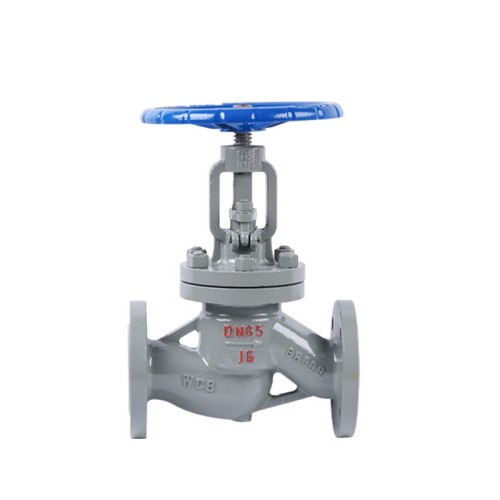low pressure check valve
Understanding Low Pressure Check Valves Importance and Applications
Low pressure check valves are crucial components in various fluid and gas systems, designed to prevent backflow and ensure the one-way flow of liquids or gases. These valves operate under conditions where the pressure is relatively low, typically below 100 psi, making them ideal for applications in plumbing, HVAC systems, and various industrial processes.
One of the primary functions of a low pressure check valve is to maintain the integrity of a system by preventing reverse flow that could cause contamination, equipment damage, or operational inefficiency. Backflow can occur due to pressure fluctuations, changes in temperature, or system compromises. By allowing flow in one direction only, these valves safeguard against potential hazards that could arise from unintended flow reversals.
In terms of construction, low pressure check valves are available in various materials including brass, stainless steel, plastic, and PVC. The choice of material typically depends on the specific application and the type of fluid being handled. For instance, corrosive fluids may require valves made from specific alloys or plastics to prevent degradation and maintain system reliability.
low pressure check valve

Functional design features of these valves include spring-loaded mechanisms or gravity-operated designs. Spring-loaded check valves use a spring to close the valve when there’s no upstream flow, while gravity-operated designs rely on the weight of the disc to seal the valve. Both designs are effective in ensuring that backflow is minimized and that the system operates smoothly.
Applications of low pressure check valves are diverse. In residential plumbing systems, they are commonly used to prevent wastewater from returning to clean water lines, thereby protecting drinking water quality. In HVAC systems, these valves help maintain proper air circulation and prevent backdraft conditions that can impair system efficiency. Additionally, they are employed in irrigation systems to ensure water is delivered effectively without the risk of contamination from stagnant water.
In conclusion, low pressure check valves are essential in maintaining the safety and efficiency of fluid and gas systems. Their ability to prevent backflow, combined with their reliability across various applications, makes them a vital component in numerous industries. Understanding their functionality and appropriate application can lead to improved system performance and longevity, ultimately benefiting both operators and end-users. Whether in a residential or industrial setting, the importance of low pressure check valves cannot be overstated in today’s fluid management systems.
-
The Key to Fluid Control: Exploring the Advantages of Ball Valves in Industrial SystemsNewsJul.09,2025
-
The Versatile World of 1, 2, and 3 Piece Ball ValvesNewsJul.09,2025
-
Stainless Steel Ball Valves: The Ideal Choice for Efficient Flow ControlNewsJul.09,2025
-
Optimizing Fluid Control with Ball Float ValvesNewsJul.09,2025
-
Manual Gate Valves: Essential for Control and EfficiencyNewsJul.09,2025
-
Everything You Need to Know About Butterfly ValvesNewsJul.09,2025
-
The Versatility of Wafer Type Butterfly ValvesNewsJul.08,2025




